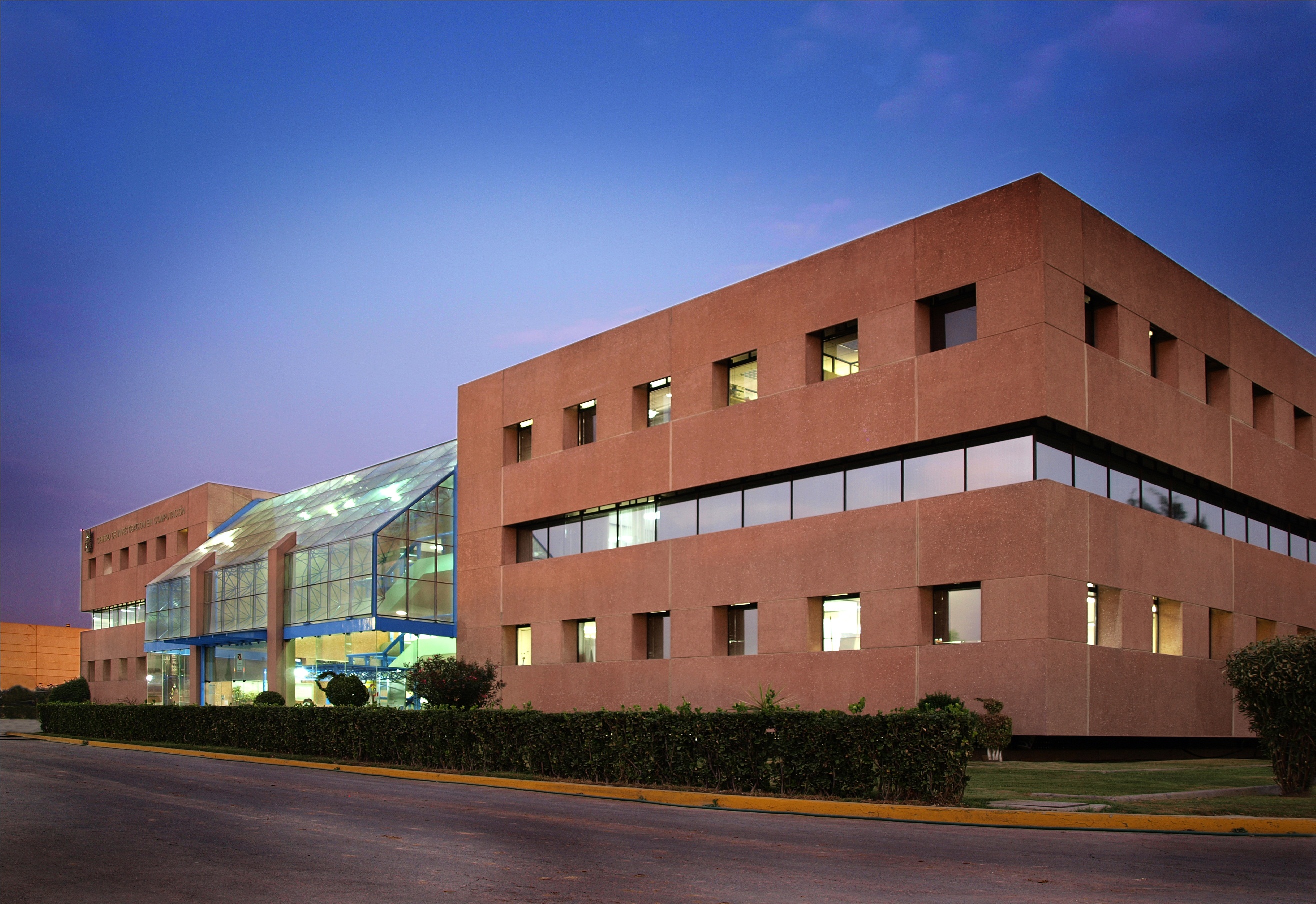Welcome
IPN-Dharma AI Lab
This is an IPN CIC - DHARMA initiative to provide an Artificial Intelligence Laboratory to motivate researchers, professors and students to take advantage of the courses, resources and tools of the main technology platforms of the industry in the areas of Machine Learning, Data Science, Cloud Computing, Artificial Intelligence and Internet of Things with the purpose of generating a practical experience through a learning model between peers and by objectives.
Level 3: Building Solutions
Advanced Machine Learning on Google Cloud
This program focuses on advanced machine learning topics using Google Cloud Platform where you will get hands-on experience optimizing, deploying, and scaling production ML models of various types in hands-on labs. Also, this program picks up where Machine Learning with TensorFlow on Google Cloud left off and teaches you how to build scalable, accurate, and production-ready models for structured data, image data, time-series, and natural language text. It ends with a course on building recommendation systems.
What you will learn:
- Compare static vs. dynamic training and inference.
- Manage model dependencies.
- Set up distributed training for fault tolerance, replication, and more.
- Export models for portability.
Courses in this program
1) End-to-End Machine Learning with TensorFlow on GCP
In the first course of this program, we will recap what was covered in the program Machine Learning with TensorFlow on Google Cloud. One of the best ways to review something is to work with the concepts and technologies that you have learned. So, this course is set up as a workshop and in this workshop, you will do End-to-End Machine Learning with TensorFlow on Google Cloud Platform.
2) Production Machine Learning Systems
This course covers how to implement the various flavors of production ML systems— static, dynamic, and continuous training; static and dynamic inference; and batch and online processing. You delve into TensorFlow abstraction levels, the various options for doing distributed training, and how to write distributed training models with custom estimators.
What you will learn:
What you will learn:
- Compare static vs. dynamic training and inference.
- Manage model dependencies.
- Set up distributed training for fault tolerance, replication, and more.
- Export models for portability.
3) Image Understanding with TensorFlow on GCP
In this course, we will take a look at different strategies for building an image classifier using convolutional neural networks. We'll improve the model's accuracy with augmentation, feature extraction, and fine-tuning hyperparameters while trying to avoid overfitting our data. We will also look at practical issues that arise, for example, when you don’t have enough data and how to incorporate the latest research findings into our models.
You will get hands-on practice building and optimizing your own image classification models on a variety of public datasets in the labs we’ll work on together.
You will get hands-on practice building and optimizing your own image classification models on a variety of public datasets in the labs we’ll work on together.
4) Sequence Models for Time Series and Natural Language Processing
This course is an introduction to sequence models and their applications, including an overview of sequence model architectures and how to handle inputs of variable length.
You will get hands-on practice building and optimizing your own text classification and sequence models on a variety of public datasets in the labs we’ll work on together.
- Predict future values of a time-series.
- Classify free form text.
- Address time-series and text problems with recurrent neural networks.
- Choose between RNNs/LSTMs and simpler models.
- Train and reuse word embeddings in text problems.
You will get hands-on practice building and optimizing your own text classification and sequence models on a variety of public datasets in the labs we’ll work on together.
5) Recommendation Systems with TensorFlow on GCP
In this course, you'll apply your knowledge of classification models and embeddings to build a ML pipeline that functions as a recommendation engine.
- Devise a content-based recommendation engine.
- Implement a collaborative filtering recommendation engine.
- Build a hybrid recommendation engine with user and content embeddings.

